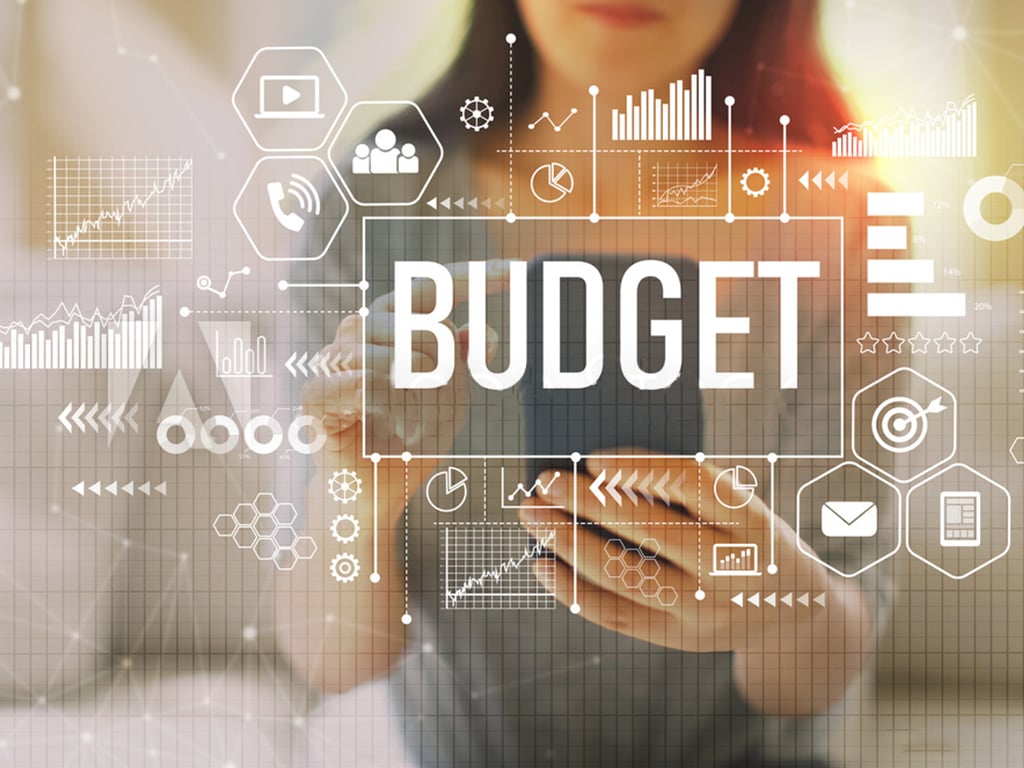With the FY21 Budget around the corner, many sectors have been voicing the need for restoration of zero-rated sales tax regimes – abolition of which have been resulting in piling of sales tax refunds. Textile is one sector that has urged the government to consider the restoration to address the liquidity crunch that has been worsened due to export order cancellation in the wake of COVID-19 pandemic.
Another sector calling for the restoration of zero-rated sales tax regime is the dairy sector and their reasoning is also appealing. Restoration of the zero-rated sales tax is being justified with wider public policy objectives. Development and formalisation of the dairy sector has broader socio-economic benefits in terms of improved dairy productivity and efficiency; boost to the rural economy; employment generation; nutritional benefits; FDI prospects; export potential; and growth in government revenues.
Since the abolition of zero rating, the formal dairy sector has been witnessing declining volumes against loose milk market due to rising price premium. Recall that in 2017, Zero Rated Sales Tax Regime previously applicable on majority of dairy products was withdrawn and sales tax at reduced rate of 10 percent was imposed on sweetened, concentrated/powdered milk, cream, yoghurt, cheese, butter and whey, while UHT and fat filled milk has been placed under Exempt Sales Tax Regime, through the Finance Act, 2016.
The formal, documented dairy industry is currently operating at less than 30 percent capacity due to the financial stress that has built since 2017; sales of the processed milk industry have declined by more than 30 percent, and profits have waned by more than 80 percent over the last three years. Where the formal sector has been witnessing declining volumes, Loose/unprocessed milk, despite its low quality, still retains over percent of the market share.
Estimates from Pakistan Dairy Association show reinstating zero-rating sales tax for the dairy sector will result in an estimated Rs43 billion in total tax revenue largely from income in taxes in the next five years (2020-2025) versus Rs32 billion if exempt regime continues. Not only that, the move will create incentives for FDI for mordernisation of the industry. Another estimates from the dairy experts suggests that a single percent increase in the market share of the formal dairy sector would lead to $1.5 billion FDI and investment in the next 5 years in dairy and allied industries.
Coming to the greater good that the growth of the formal sector could bring; dairy sector is known for its contribution to the rural economy. If the financial relief is correctly projected to boost the formalisation of the sector through investment, the move is to benefit all stakeholders in the long run. From falling prices and conversion from loose to processed milk (UHT and Pasteurised) to increased access to hygienic milk, improved farmer incomes through corporate linkages and development to increased government revenues.






























Comments
Comments are closed.